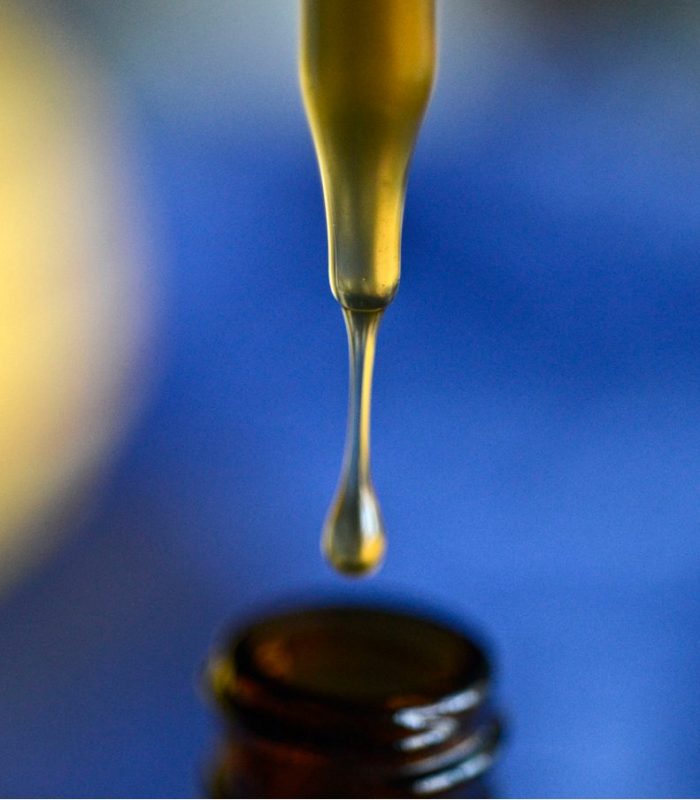Vaping was once the favored method for safety but is there now lung damage in vaping?
From teenagers rushed to the hospital to more than one hundred and ninety incidents across twenty two states, and multiple deaths linked directly to vaping. The lung damage vaping has been implicated in will make even the most avid vaping fan think twice. The vaping industry, which materialized out of the ether just a few short years ago has now been stopped in its tracks by the recent announcement of probable a U.S. ban. Individual states have already instituted their own bans.
Bans could have big implications for the cannabis and CBD market, especially the portion dedicated to synthetic cannabis. As it turns out, the further away from natural cannabinoids we stray, the closer we get to health problems. Big surprise.
The biggest risk factors for enthusiasts appears to be identifying fake vape oil cartridges, home-brewing their own stock, and vaping too much.
Cannabis: Smoking Flower vs. Vape Oil
Evidence suggests that there are nearly one hundred official cases of severe pulmonary problems linked to e-cigarettes. So, if we know that using vapes has some element of danger, is there any reason to prefer vaping to smoking cannabis flower?
It turns out that of those one hundred confirmed cases, the great majority involve “homebrewed” or black market vape oil — not the legitimate products you can buy at a smoke shop. And thanks to the federal illegality of cannabis, a good number of people purchase their vape oil cartridges from nefarious sources. Thus cannabis is inextricably linked to the vape oil epidemic. For example, fake CBD cartridges were responsible for the hallucinations and bad feelings in one hundred U.S. military personnel.
Potentially dangerous synthetic cannabinoids pollute fake cartridges. These lab-grown cannabinoids have been responsible for the ills that befall users of street drugs like “spice” or “K2” , which include severe intoxication and death. Why? Because synthetic cannabinoids are not identical to real cannabinoids; they’re structurally similar but far from equivalent. In trying to recreate mother nature in a laboratory, scientists added dangerous chemicals to the mix. These substances are harmful to us in large quantities or when used incorrectly (such as heated too much in cheaply made vape pens).
How to Spot a Fake
If you’re interested in vaping cannabis products but don’t want to risk your health, you need to be able to differentiate a real CBD cartridge from the black-market rip offs. The government doesn’t do consumers any favors in this arena, as the FDA will not officially approve CBD products. Instead, it views cannabidiol as an “unlawful substance.” So you can’t simply look for an FDA approved sticker.
The first rule of thumb is to use a little common sense. Homebrews can be dangerous. Don’t use one if you don’t know the supplier. And if you do know the person, quiz them about the product. Second rule is consider the price. If a deal seems too good to be true, it probably is. It’s better to pay an extra few dollars than risk hallucinations and death. If you think you’ve found a great bulk deal on a cannabis vape oil cartridge at a gas station, think again. You might be buying black market synthetics.
Read the Labels on Vape Cartridges
Price isn’t always the best indicator, and it requires a bit of leg work on the consumer’s part. If you’d like to know for sure, you’ll need to read the label. Luckily, it’s not too difficult if you know what to look out for.
Real CBD vape oil will have lots of numbers on the label. Things like expiration dates (yes, vape oil expires) as well as batch numbers. You’ll also want to see phrases like “certified CBD,” “pure cannabidiol,” “hemp-derived,” and “full-spectrum.” These are all indications the vape oil is not synthetic.
Finally, even though the FDA is out of the cannabis game, other third-party watchmen are not. Most reputable CBD companies contract with outside firms to verify their CBD products and attest to their natural authenticity. If you have a third-party label on your bottle, do a quick internet search and see if the verifier is legit.
Safety Concerns for Vaping
Of course, even if you use vape oil responsibly, there are still concerns about its health effects. Even the best, highest-rated vape oils have some negative consequences.
The American Lung Association has been clear. It opposes vaping on the grounds that some of the additives in vape oil may cause lung scarring and may lead to cancer. Some ingredients found in many vape oil products, like acetaldehyde, acrolein, and formaldehyde have links not only to lung issues but may also be responsible for jump-starting heart problems.
While these problems pale in comparison to nicotine cigarettes, they are still serious and cause for concern. If your lungs or overall health concern you, using vape oil should not be your cannabis consumption method.
Is This the End of Vaping?
Vaping is about to be hit hard in the culture wars. As the evidence of bad-faith actors mounts and innocent people continue to be victimized, something has to give.
While vaping popularity has continued an upward trend for several years, recent reports on the teens getting vaping diseases has resulted in a ban from the top in the U.S.. This ban may or may not unfairly target the cannabis industry and if it does, it won’t be surprising. It’s already an easy target for regulation-happy legislators who have a tendency to look down on the pot industry.
The lung damage vaping is causing should be cause for concern. So, the lesson here is, if you’re going to vape do it smartly.





